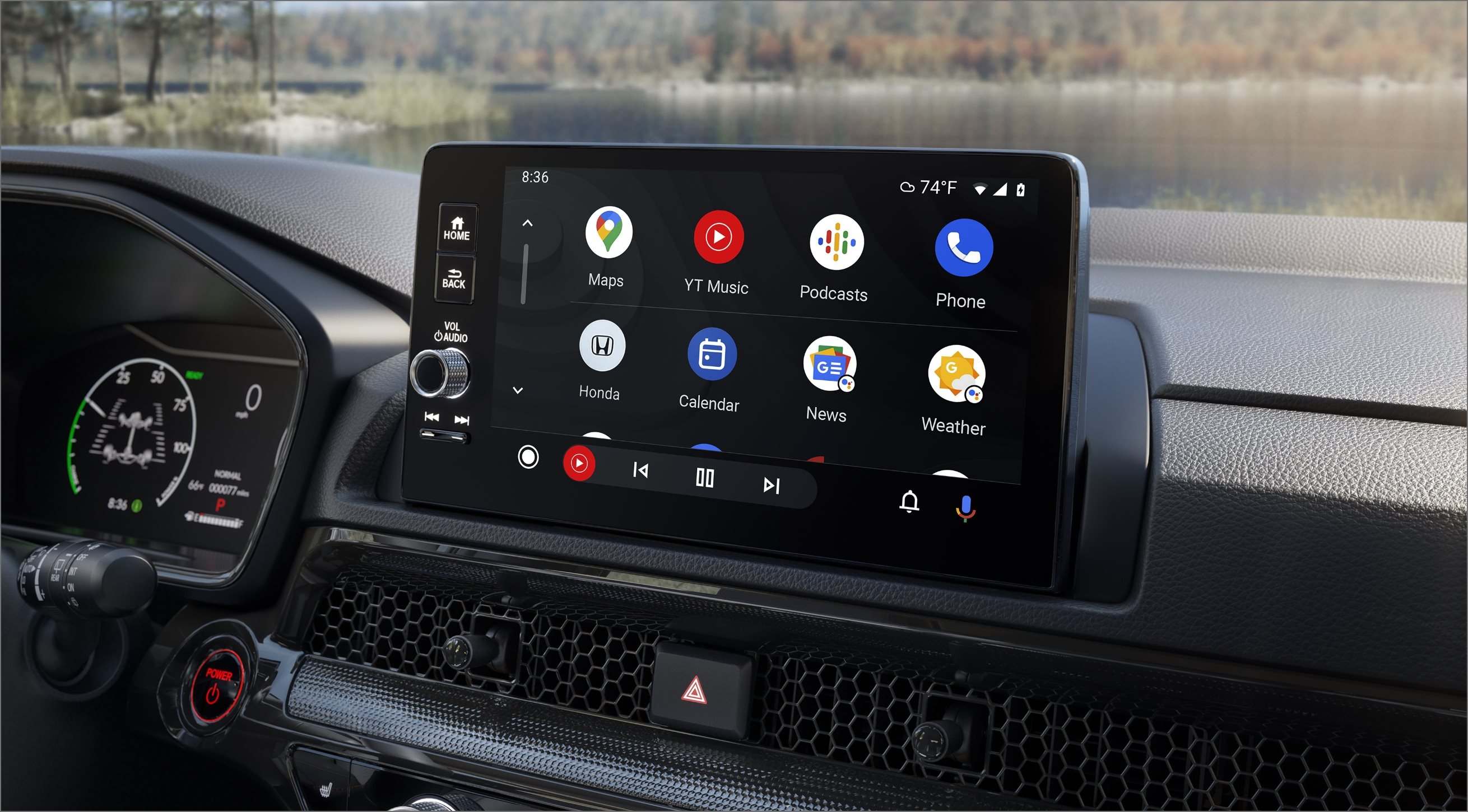What to Do After Buying a New Car
The car-buying process is an exciting and stressful time, so you may feel like taking it easy once you've signed all the paperwork at the dealership. After all, you've just made a lot of important financial decisions. However, as a new car owner, your responsibility for your new car is just beginning.
There are a few immediate steps you'll need to take to ensure you're in compliance with local laws and regulations. You'll also want to consider actions that help you out long-term, like organizing your important paperwork and setting up a maintenance plan with your dealership.
Though owning a vehicle is a lot of responsibility, you can make it easier on yourself by preparing and familiarizing yourself with what to do after you buy a new car. We'll go over the necessary steps you should take after you purchase your new car. We'll also go over some of the actions you should take to make ownership easier and less of a hassle long term.
Before you drive off the lot, you'll need to pick out the right insurance policy. Whether you buy a new car or a used vehicle, it's recommended to go with a full coverage policy, as you'll be protected in the event of an expensive collision. The price of insurance policies varies widely due to many factors. To get the best deal, you should shop around different insurance companies. Call or look online at their websites for quotes and then compare them to make sure you get the coverage you need at an affordable price.
Choosing an insurance policy is not an optional step after you've bought a car. Liability insurance, which pays for repairs and medical expenses of other vehicles if you're at fault, is required in almost every state in the country. If you get into an accident or are pulled over by the police and you don't have insurance, you're looking at fines and possible jail time. To avoid this legal mess, you should always get insurance right away.
Another important and necessary step after you've bought a new car is registering it with the state. The cost of registration varies by state, so you'll need to check with your state's DMV to get an accurate price. You'll also need to register your vehicle within thirty days of buying it, or else you may have to pay additional fines.
Luckily, most dealerships will take care of the registration paperwork for you, so you won't have to worry about it. Typically, a dealership will give you temporary plates and registration. This way, you can still drive your car while you wait for the official documents from the state to be mailed to your address.
While getting insurance and registering your car are absolutely necessary tasks, there are a few other things you should consider doing after buying new a car. One of these tasks is organizing your important car paperwork and storing it in a safe place. While this isn't a required task, it's a smart idea, as you'll need to keep certain documents throughout the lifetime of your car.
Some of the paperwork you should set aside include the car title, bill of sale, tax receipts, dealership financing information, and insurance documents. By keeping all of this paperwork in a safe and easy-to-find place, you'll be able to produce them when necessary without any stressful searching.
When you buy a new car from a dealership, you'll often be presented with maintenance plan options. New 2023 Honda models come with a free maintenance plan. There are pros and cons to getting a pre-paid maintenance plan from a dealership. If you don't want to deal with the hassle of keeping track of routine maintenance appointments, these plans are useful. These plans complementary plans will also save you money as you won't have to spend money at the mechanics for an oil change.
One of the biggest cons of these types of maintenance plans is that you will have to head to the dealership for these services to be covered. If you don't live near the dealership, this kind of plan won't work well for you, as long trips to the dealership for a simple oil change are probably not worth the time.
Another thing you should consider doing after you buy a new car is reading up on the owner's manual. While it may not seem pressing or exciting, it's important to be aware of the unique features and specifications of your car. The manual will give important information on maintenance timelines, warning lights, and other key features.
If you want to remain safe on the road, it's essential that you read up on your vehicle's features, particularly the safety features. You'll want to know what each button does, how to adjust your vehicle's settings, and how to figure out the cabin's technology features. While you don't need to closely read every detail of the manual, you should still find out how to work the most important features of the vehicle before you start driving it.
Purchasing a new car is exciting, but you should take care of all the responsibilities associated with car ownership. There are a couple of necessary steps you should take after purchasing the car, such as getting insurance and paying registration fees. Additionally, there are also some steps you can take to ensure that you remain a responsible car owner, like organizing your important paperwork or setting up a maintenance plan. If you have questions about the car-buying process, get in touch with our team.

